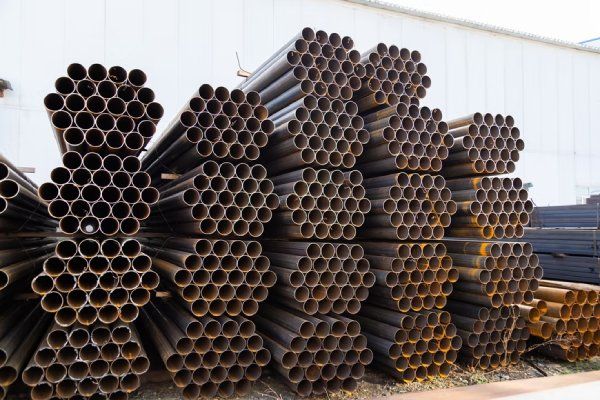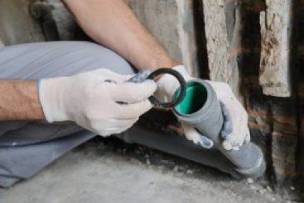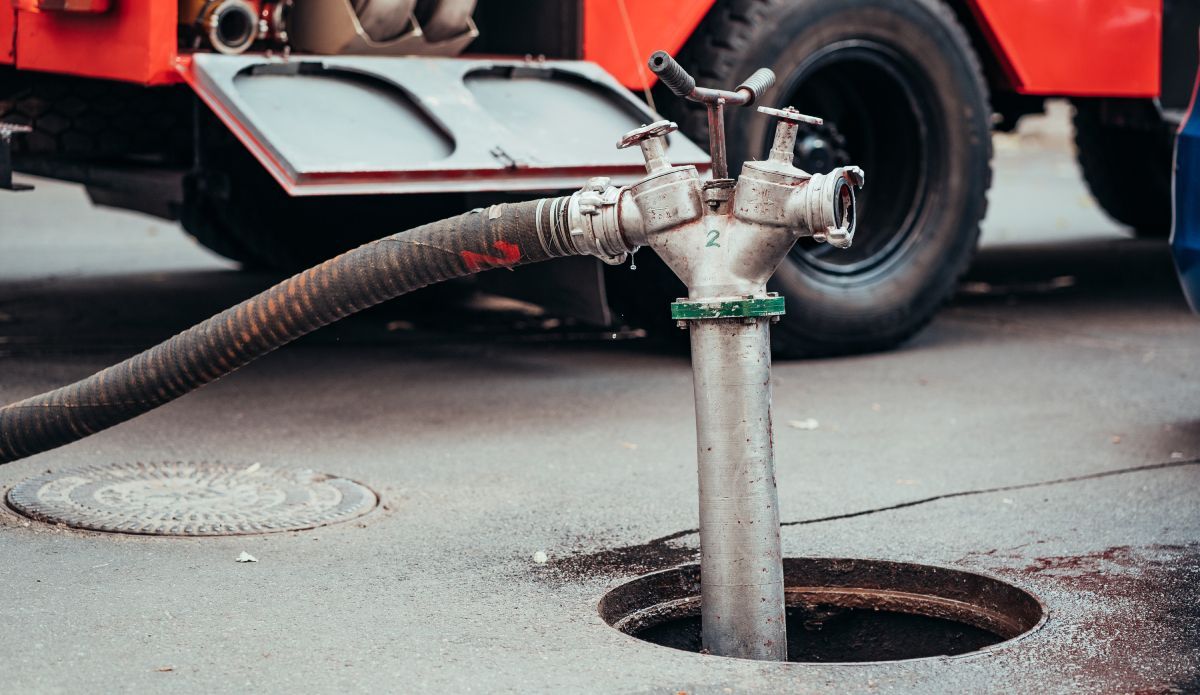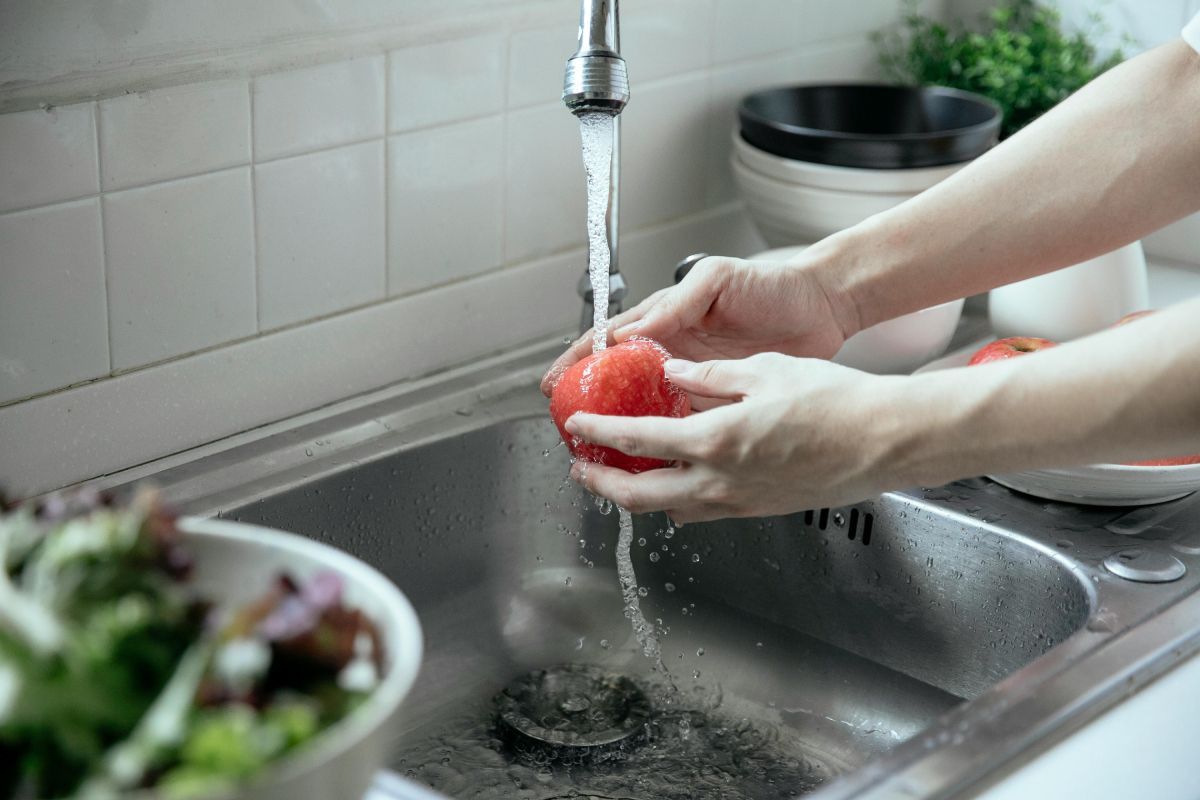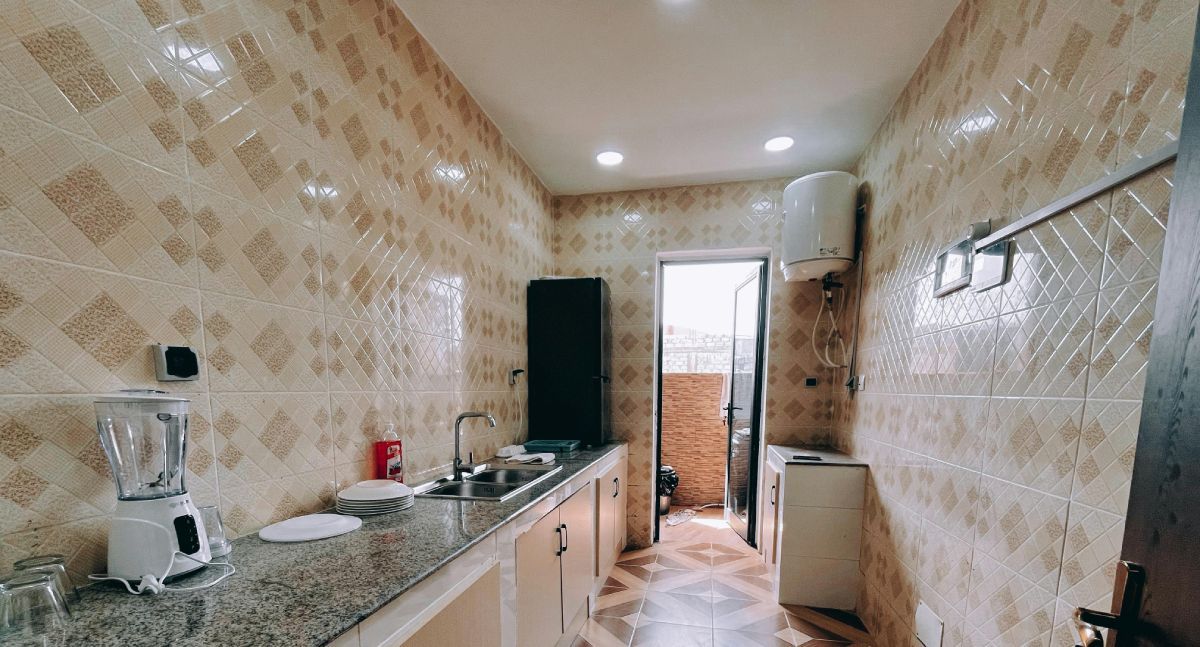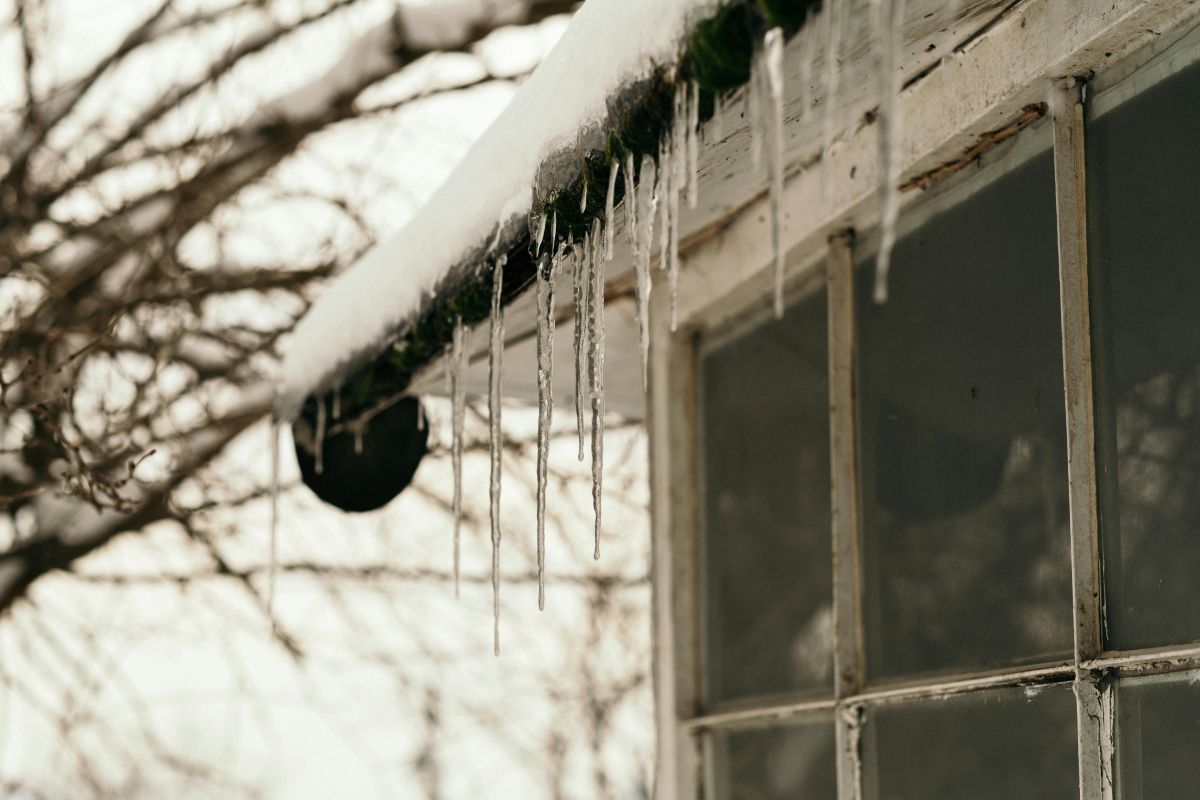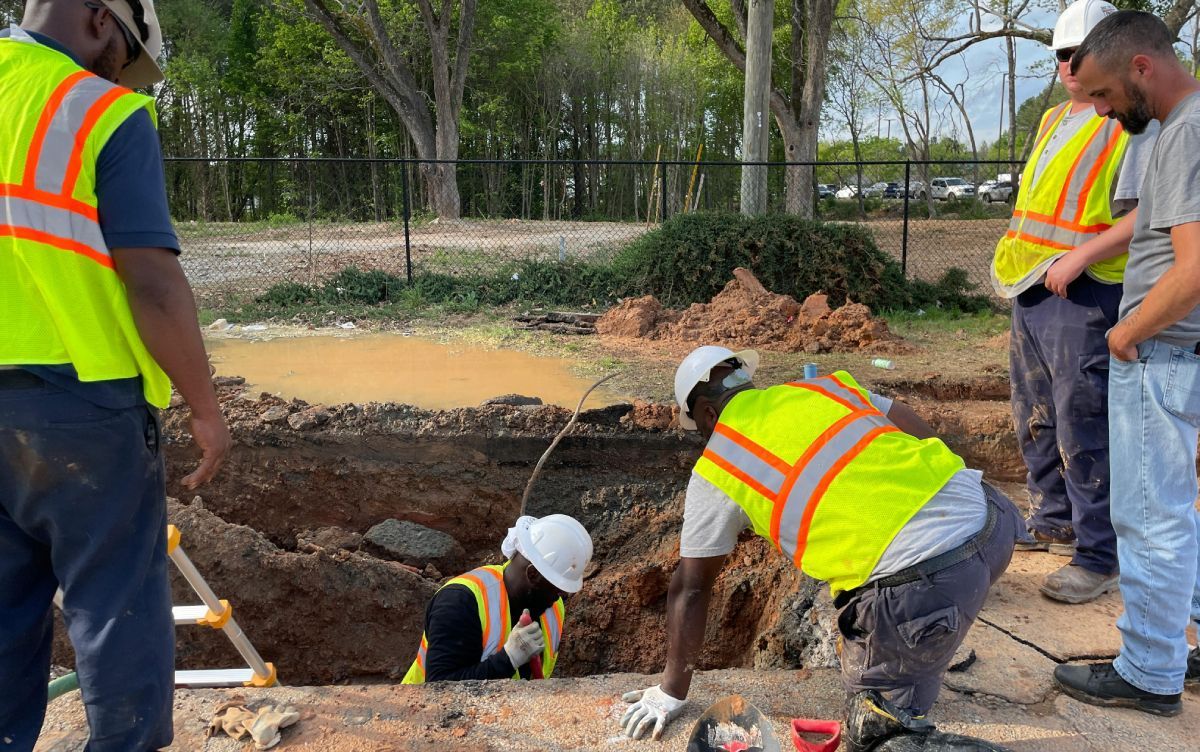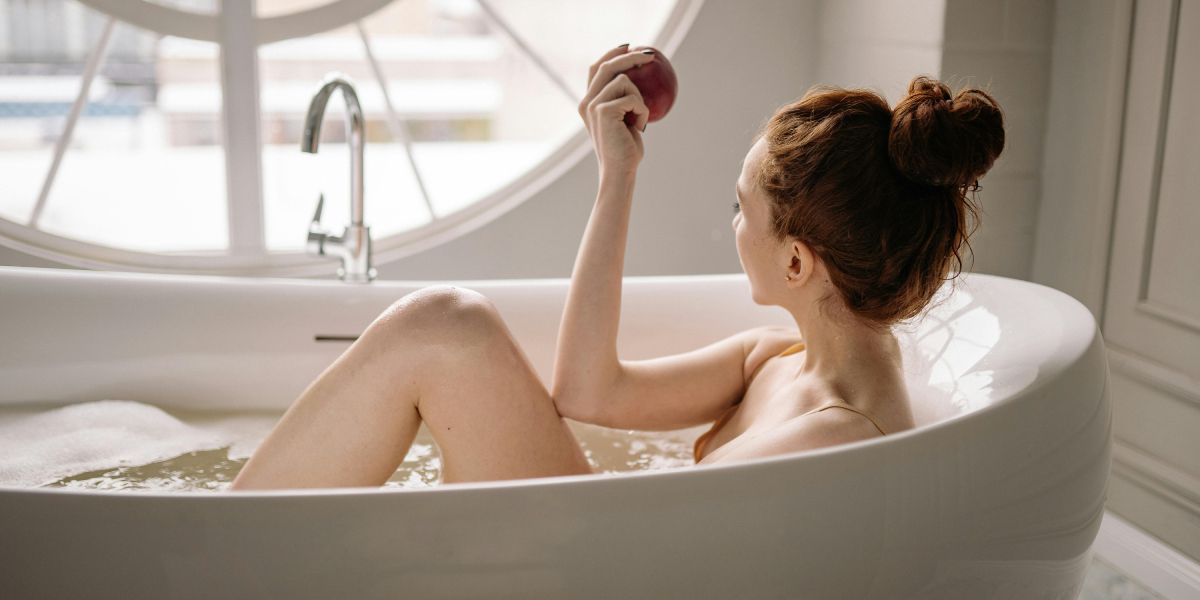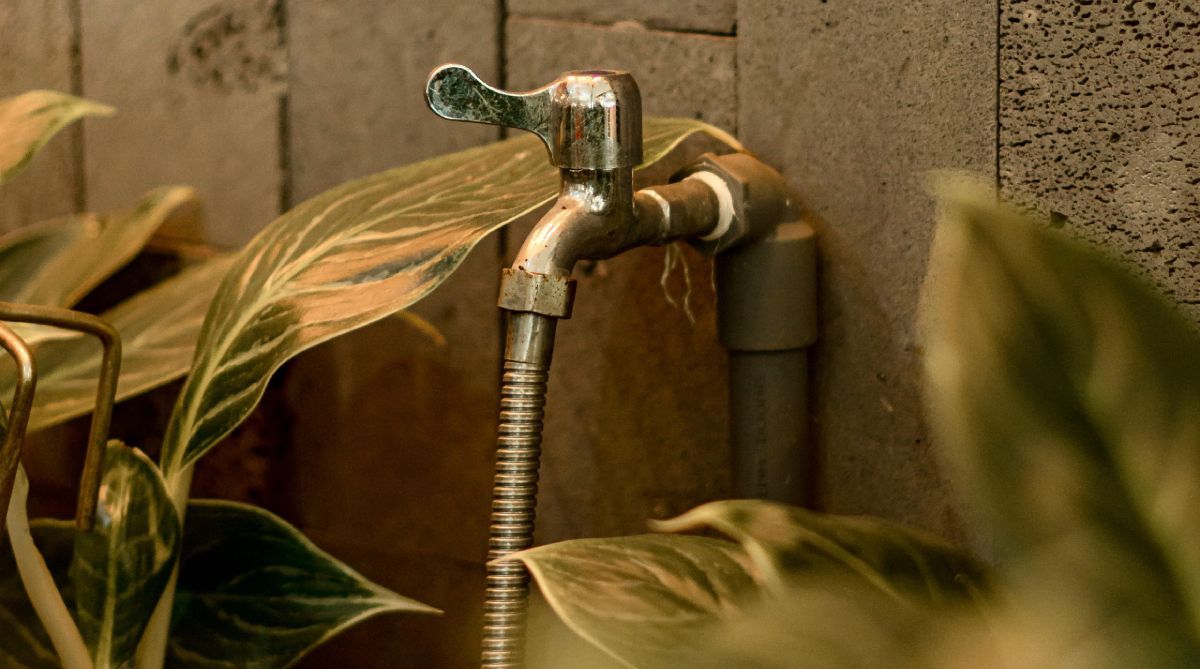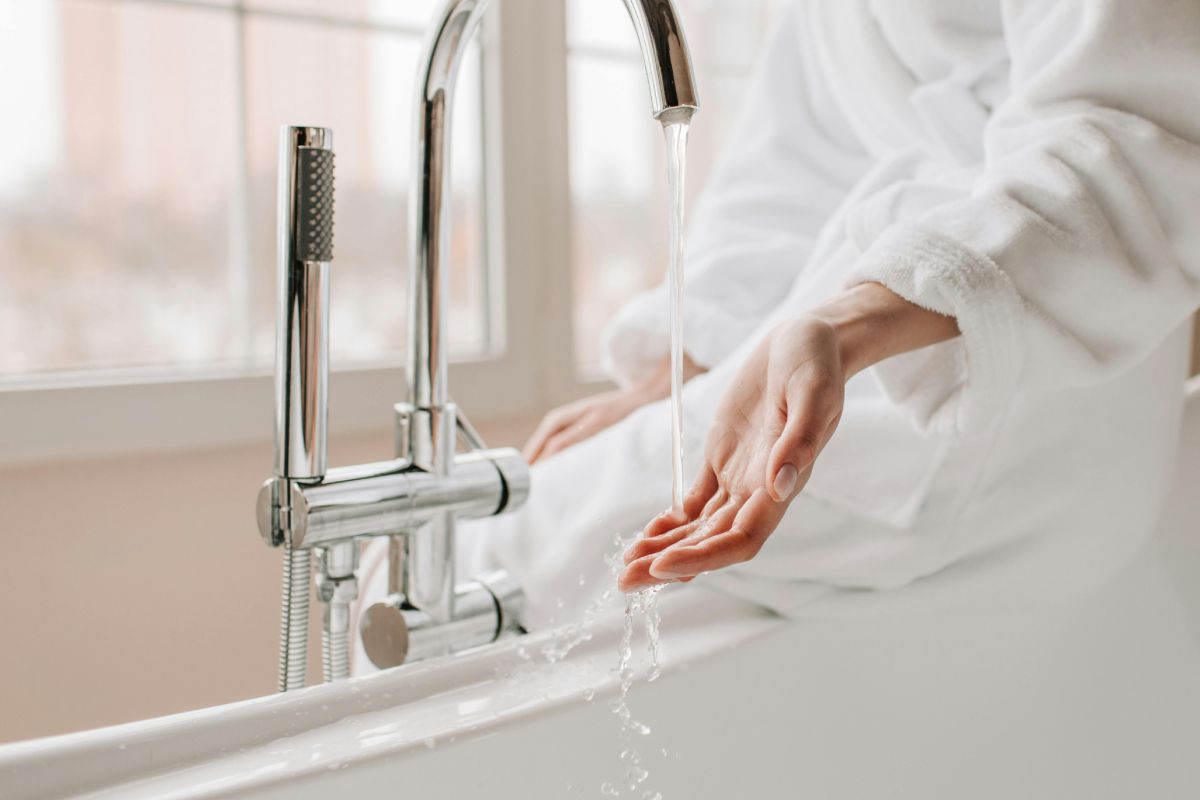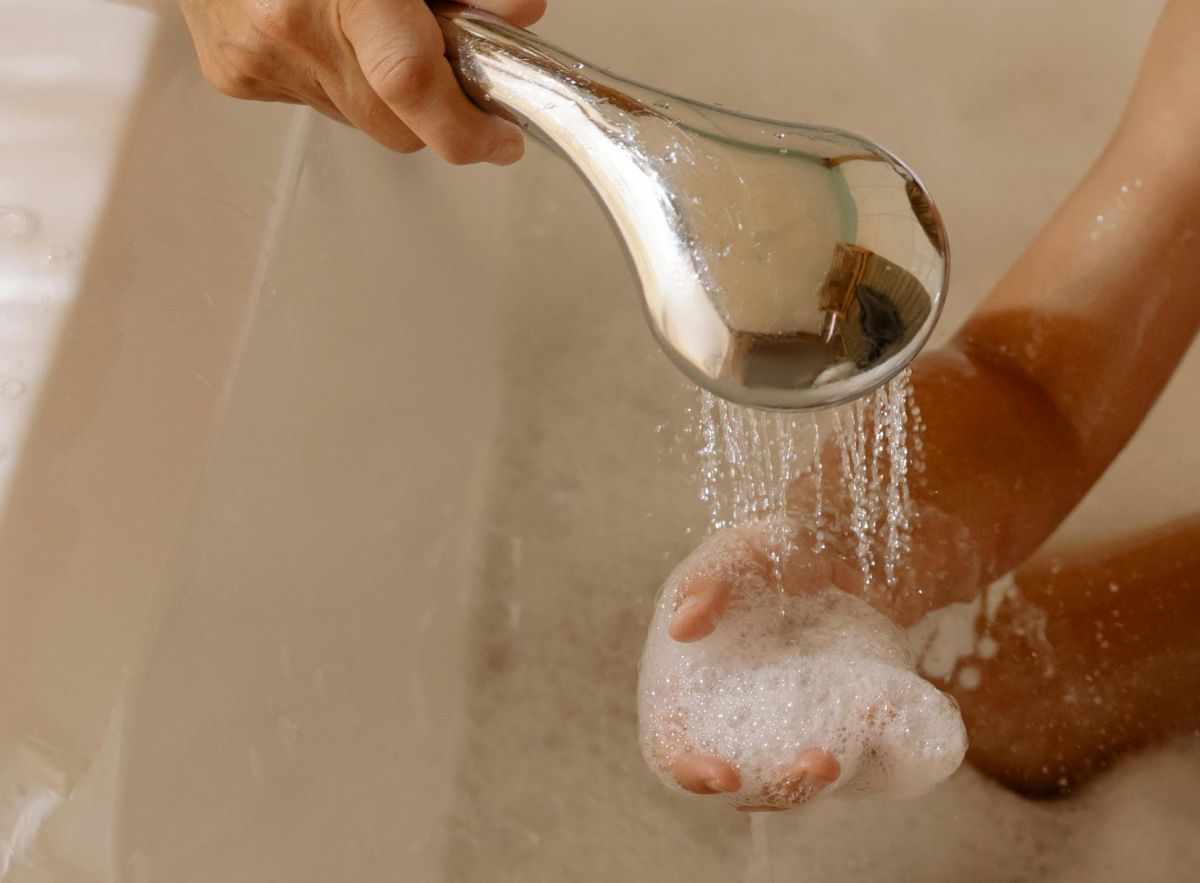Master Plumbers Blog
5 Types of Plumbing Pipes You should Know as a Homeowner
Like most homeowners, you presumably don't know how your plumbing works, even though it's keeping your house from flooding at the moment.
Plumbing is most commonly known for its use in households. Plumbing is a series of physical systems that transfer fluids to provide water for us to use for cleaning and washing, among other uses.
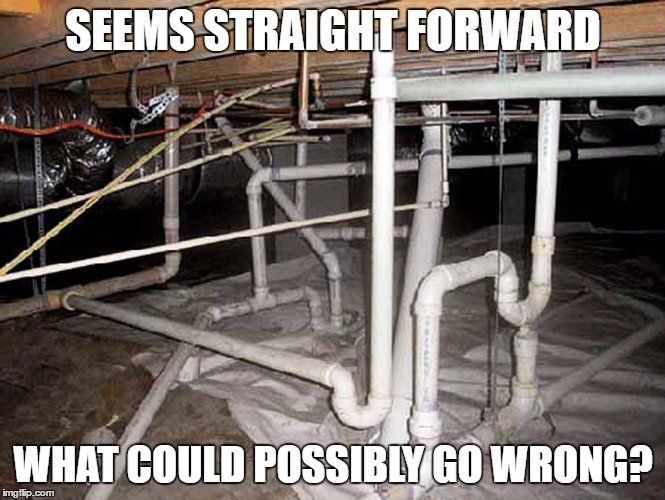
Plumbing can be a delicate and frustrating art to master, and it is something every homeowner should be familiar with. Here are some of the several types of plumbing pipes that you can choose from, depending on your needs:
Common types of plumbing pipes used:
1. Polyvinyl Chloride (PVC) Pipes
Polyvinyl chloride pipes, PVC for brevity, is a plastic tubing ideally used for sinks, toilets, or shower drain lines. This plumbing line can cover several uses, including your home's main water supply line.
PVC Pipe's popularity skyrocketed because it is easier to work with and, of course, very budget-friendly. The material used for PVC pipes is a thermoplastic polymer - a combination of plastic and vinyl. Hence the name; the material makes it comparatively lighter than galvanised pipes.
PVC pipes are long-lasting, can handle high-pressurised water, and are less prone to rusting and blockages. The inner lining is smooth, protecting the pipe from sediment buildup.
With these advantages, however, come some things to ponder. PVC pipes only offer limited sizes, making it difficult to join these pipes, and it has a tendency to be bulky, which is not ideal for tight places.
Another issue that may arise when using PVC pipes is warping. Like any product made of plastic material, PVC pipes will also react to heat which causes the material to warp. In some instances, when the temperature of the heat is too much, the pipes become susceptible to melting.
2. Cross-linked polyethylene pipes
Another plumbing pipe made from affordable plastic tubing is cross-linked polyethylene pipes or PEX. PEX pipes are ideally used for indoor plumbing since using PEX pipes outdoors exposes them to ultraviolet (UV) radiation.
PVC and PEX pipes share similar features: preventing rust formation and particles from entering the water. They are also cheaper in comparison to other piping materials.
Professionals prefer PEX Pipes due to their flexibility. They are strong enough to resist water pressure but can easily be threaded through your walls, ceilings, basements, and crawlspaces.
Whereas PVC Pipes end up too bulky and unworkable in tight spaces, PEX pipes are easy to cut and connect. PEX pipes can make a 90-degree turn if needed, and joining the pipes no longer requires soldering or glueing.
This type of pipe comes in different sizes: ½ inch and ¾ inch, and it also has two different colours: red and blue. Colour-coding the pipes is a way of telling which one is intended for cold water - the blue pipe, and the one for hot water - the red pipe.
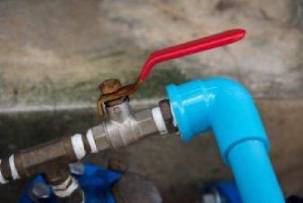
3. Acrylonitrile butadiene styrene (ABS) pipe
Acrylonitrile butadiene styrene (ABS) pipe is very distinguishable; it comes in colour black. ABS, the main product used to create the pipe, is very resistant to cold temperatures. Hence, the pipe is ideally suited for vents and drain lines.
However, exposure to direct sunlight can distort the material, and these pipes are loud, and sometimes, it can be a cause of disturbance to the homeowner.
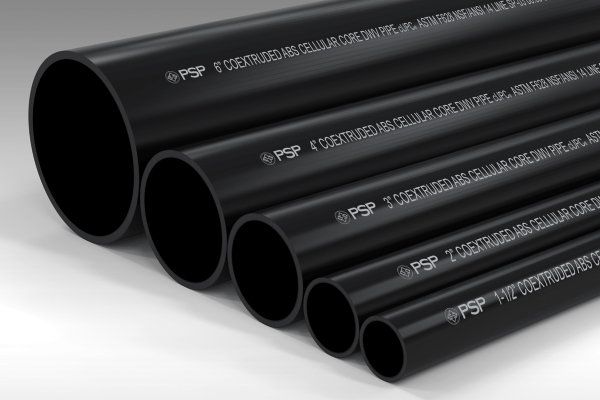
4. Copper Pipes
Corrosion-resistant? Yes.
Protects the quality of the water? Yes.
Longevity? It can last up to 50 years.
These are why copper pipes are still a staple in every plumber's book. It is ideally suited for sinks, showers, tubs, and other fixtures. And it is safe to use for both new and old homes.
The material used for copper pipes is pure copper, as evidenced by the colour of the pipes, which usually come in a reddish-brown appearance.
For decades, copper pipes have been a part of every household's plumbing needs. It can endure both hot and cold water temperatures and is capable of handling high water pressure.
The thing with copper pipes is their rigidity makes them unfit for piping in tight spaces; they do not bend easily. Another downside to this kind of plumbing pipe is the pricing. Copper pipes are costly, and the price will continue to increase if the costs for the raw materials increase.
But copper pipes do not pose any health risks, unlike other piping materials. You can easily cut the materials and solder them together; they also come in different sizes.
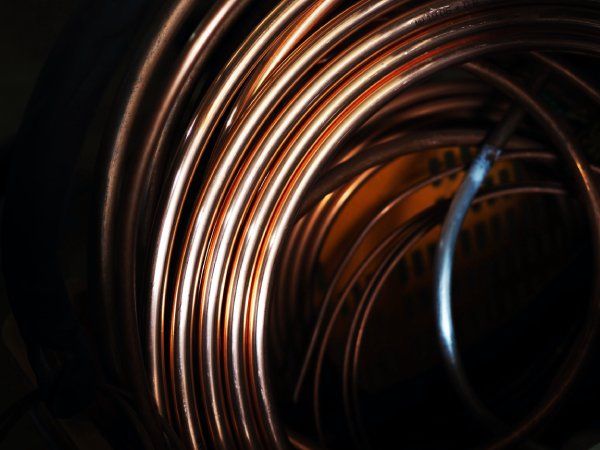
5. Cast Iron and Galvanised Steel Pipe
Cast iron and Galvanised steel pipes are rarely used nowadays, especially for residential plumbing. But it was a staple piping material used by plumbers for older houses.
Cast iron is susceptible to rust and corrosion, and in contrast, galvanised steel is resistant to corrosion and has been used for drainage, water supply, gas supply, and more. However, new construction or remodel projects rarely use galvanised steel or cast iron.
